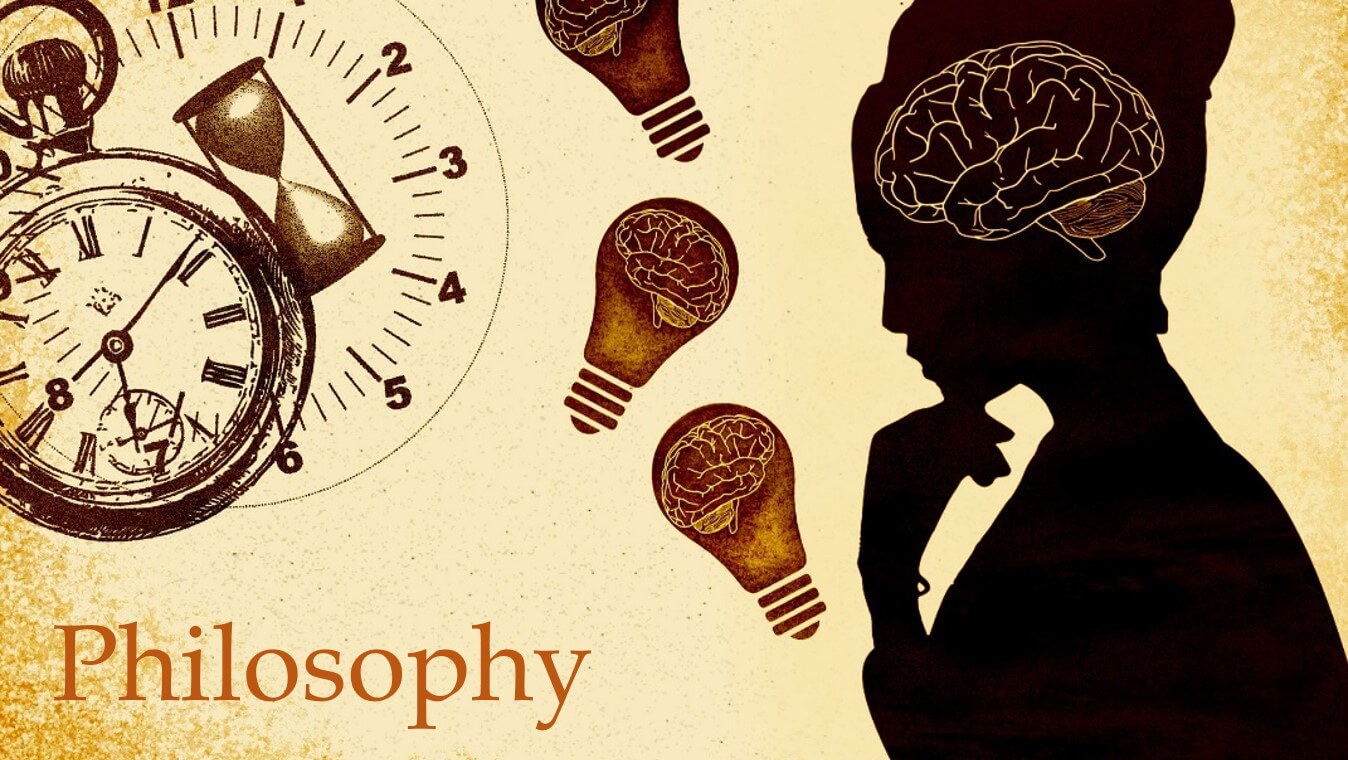Philosophy
Philosophy means "the love of wisdom" but it is far more than just this. Philosophy examines fundamental beliefs about who we are and the world we live in – beliefs most people take to be true but never examine systematically and critically. Philosophers consider such questions as: What is the meaning of life? How should I live my life? Why be moral? What is the best form of government? Are human beings immortal? Does God exist? What is knowledge? Does the world appear to us as it really is? What makes something right, or good, or beautiful? What is the nature of inquiry? How do we arrive at accurate knowledge? What are the standards of logical reasoning and argument?
Philosophy emphasizes critical thinking and the cultivation of wisdom. It assists us to come to an understanding of the human condition. Philosophy also has a practical side, which we see whenever we debate social and political questions concerning the environment and our obligations to future generations, the distribution of wealth and opportunity in society, gender equity, the relationship between science and religion, and so on. Philosophy helps us to identify and defend what is most valuable to us as individuals.
The Department of Philosophy at the University of Winnipeg has a long commitment to an historical approach to philosophy and philosophical education.

